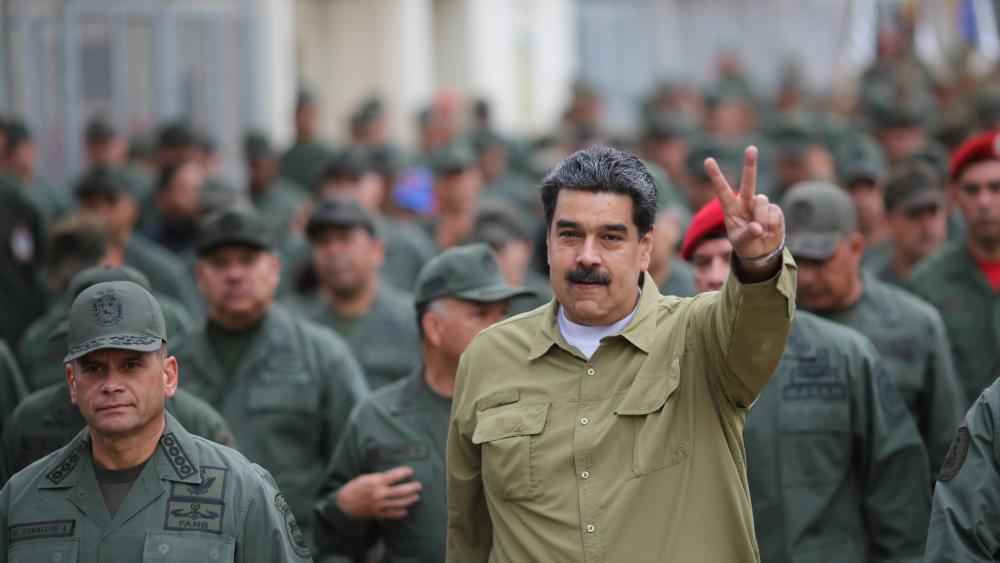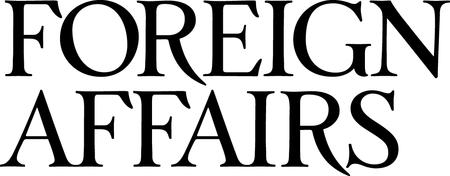Outside Powers Will Decide the Outcome in Caracas
By Oliver Stuenkel
Last week, the young Venezuelan opposition leader Juan Guaidó declared himself interim president, claiming that the country’s current president, Nicolás Maduro, had forfeited his right to rule by rigging elections in May 2018. Soon after, the United States, Brazil, and most other South American governments (with the exception of Bolivia, Guyana, Suriname, and Uruguay) recognized Guaidó as Venezuela’s legitimate president.
The decision by the majority of South American governments to back Guaidó was hailed by many as a crucial step forward in confronting Maduro’s authoritarianism. Yet in fact, South America no longer plays any significant role in the Venezuelan crisis. Maduro and his youthful challenger both know that although the armed forces will be the decisive domestic player, the only external actors that really matter are the United States and China and, to a lesser extent, Cuba and Russia.
This is a humiliating turn of events for South American governments, which since the region’s transition to democracy in the 1980s have made reducing interference from outside the region a paramount foreign policy goal. For Brazil in particular, such impotence in the face of a geopolitical crisis at its border symbolizes the dramatic failure of decades of Brazilian foreign policy, in which Brasília sought to make itself into the region’s diplomatic and political leader. As the crisis in Venezuela shows, South America is once again the playground of foreign powers.
Read full article here.










